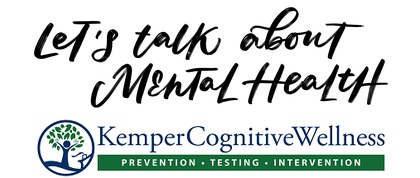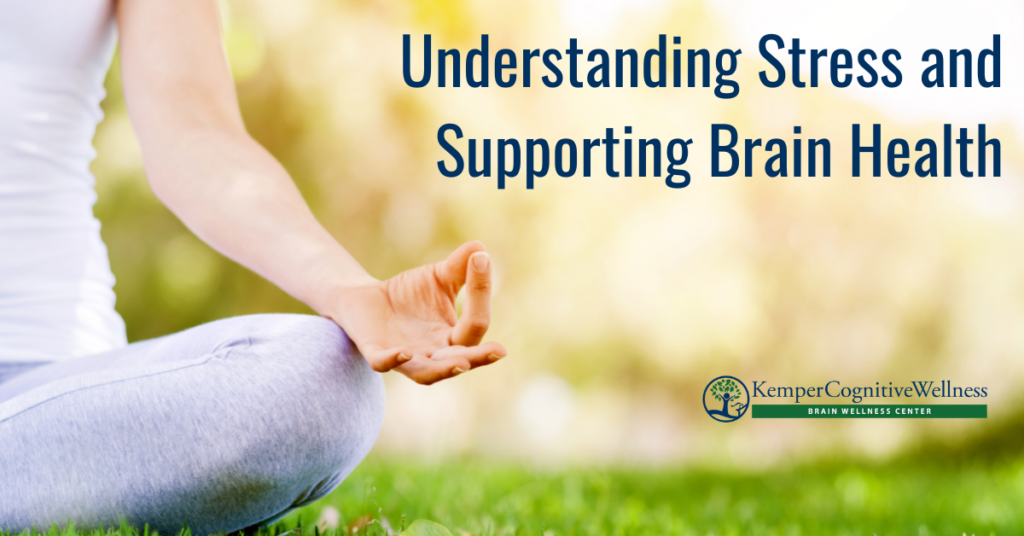By Dr. Nate Bergman
These days more celebrities and athletes are “coming out” about their struggles with mental health. This is a good thing. Imagine not being able to talk about diabetes, heart disease, or high blood pressure. That is not a situation we are familiar with anymore in this country. Thankfully, those days are long behind us because our healthcare system has developed lifestyle and medication strategies around treating these conditions. But talking frankly and openly about issues of mood and mind are still far more taboo in the US. We have a tendency to label people that have collected diagnoses like anxiety and depression as “mentally unstable” or “weak minded.” That’s gotta change. And it appears it is starting to!
There has historically been a division between chemical or structural diseases of the body like cancer, heart disease, and diabetes versus “functional” conditions like depression, anxiety, chronic headaches and stomach aches – and even Alzheimer’s to some degree. The bias, in part, has to do with the way mental health is paid for in this country. Mental health is traditional billed separately from the rest of medical and health billing and therefore creates and artificial divide based on the way it is reimbursed and regulated. Another driving force in the prejudice against “afflictions of the mind” is that these conditions typically are not diagnosed with a simple test. Depression, anxiety, bipolar disorder, Alzheimer’s and others are known as “clinical diagnoses.” This means that there isn’t a single blood test or even a small battery of tests you can get to determine if this is something you definitely have.
Diagnoses that require time and effort to make in our current healthcare system simply don’t make money. The system is designed to provide a pill for the ill. If, for example, someone is suspected to have diabetes – there is a single blood test that is run. If that blood test is abnormal and consistent with diabetes then the medication algorithm is clear. Medication one followed by medications two and three. That’s it. Maybe suggest some diet and exercise in a single sentence without elaboration…but that’s all. If someone has anxiety, there is an attempt to simply throw medications at it without really being clear on the root causes, antecedents, triggers, or mediators. It’s just the way things are right now. Disorders of mind and mood get treated differently because both reimbursements, and the diagnostics are not as simple and straightforward as many other areas of medicine.
On the bright side though, but we are starting to see a shift in the scientific literature around issues of mood and mind. Our expanded methods of testing have given rise to fresh thinking on how we assess and treat people suffering with mental and emotional health issues. The science of the microbiome (the communities of bugs that live in your body in places like your gut, sinuses, vagina, ears, nose, throat, brain etc) is allowing us to begin to make observations that we have not been able to make up until recently. We are seeing more and more “signatures” of anxiety, depression, and Alzheimer’s in the microbiome. We are seeing these signatures change in encouraging ways when we adopt positive changes to the core drivers of our health and wellbeing such as the food we eat, how we sleep, and how we manage the stressors in our lives. We are starting to see the use of Psychobiotics, or the manipulation of the microbiome with fermented foods and probiotic drinks. There is recent data starting to show a positive effect of anxiety and depression. Exciting times indeed!
So what can you do to positively impact your own mental and emotional health? Here’s some practical, DIY advice. Remember, start with small, actionable steps!
- Eat a variety of low inflammatory foods in the form of plants. Eat as much as you can every day for as many months and years as you can. This will serve to fill in important nutritional gaps many people suffer from, feed your microbiome the key materials it needs to thrive, reduce inflammation, normalize blood sugar, and begin the process of normalizing your gut. Over time (and sometimes quite quickly) this can really have an impact on our moods! Start with trying to eat vegetables at two meals per day. Aim to include as many colors as you can (red, orange, green, blue, purple).
- Make time to breath. Even the deceptively simple exercise of the box breath can be quite powerful if done consistently over time. A box breath is to inhale for 4 counts, hold the inhale for 4 counts, exhale for 4 counts, hold the exhale for 4 counts. Repeat 4 times. Do that 4 times per day. This will take less than 5 minutes of your time TOTAL per day. See if you can do it while checking Instagram or Facebook and maintain the concentration on your breath. Not only does this form of breathing re-center you and bring you to a place of increased resilience over time, but it can modulate your gut in a positive direction by lowering inflammation and reducing the possibilities of conditions like leaky gut and autoimmune disease. That’s a lot. So go ahead and challenge yourself… it takes less than 5 minutes a day to start!
- Probiotics – If you have anxiousness and excessive stress you can try experimenting with a probiotic that include B. Longum R0175 and L. Helveticus. There is a small amount of evidence that this may help with symptoms of stress and anxiousness and begin to modulate the gut microbiome. Two commercially available products are Calmbiotic by Natural Factors and Mood Probiotics by Innovix Labs. Consider trying either one, but not both at the same time.
What Else Can You Do
If you have done the basics in terms of food, exercise, sleep and stress management, then consider what else can be driving your issues and what can be done.
- Schedule an appointment with Kemper Cognitive Wellness for a one on one interview. We can do a deep dive on gut health and talk about what might be driving your sensations of suboptimal health.
- Check out our Lifestyle Program – we will assess where you are at with a conversation about what’s ailing you and order 100+ biomarkers for a thorough evaluation of where you are at in terms of your wellness goals.
Sources:
–Ding H (2018) Gut Microbiota and Anxiety: An Exploration of Key Findings. J Depress Anxiety 7: 297.





